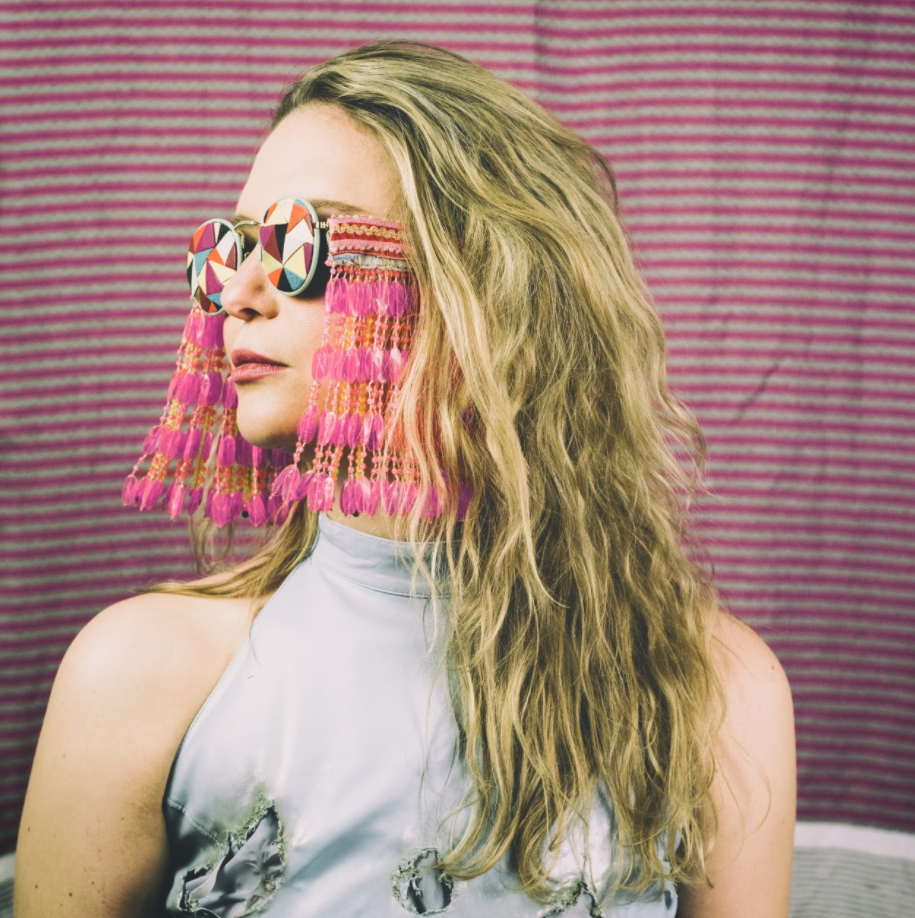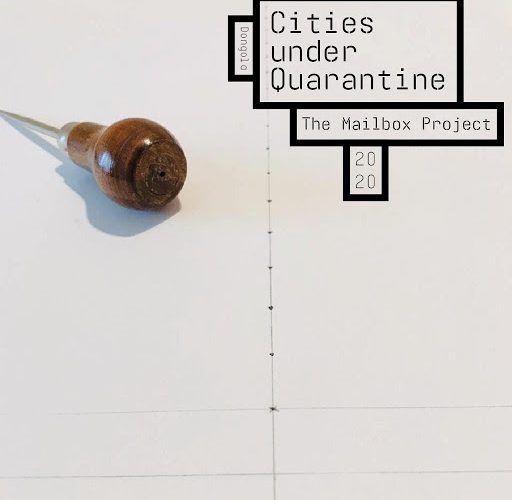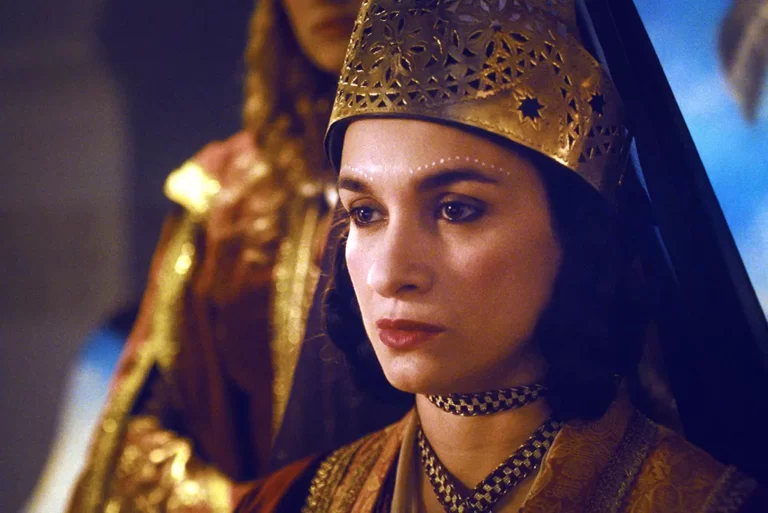Arts & Culture
6.22.2021
Nawel Ben Kraiem: “I’m seeking my own emotional truth.”

From June 5 to 31, the Arabofolies festival will come back at the World Arab Institute of Paris for its musical festival of arts and ideas. An opportunity to discover the first album of the Tunisian artist Nawel Ben Kraiem, who will perform and enchant the stage with her songs, a musical hybridization at the crossroads of the two shores of the Mediterranean sea.
At only 33 years old, Nawel Ben Kraiem already has a long artistic career behind her. However, the young woman has never aspired to be a professional singer. Very far from participating to the famous singing competition shows of her native country Tunisia, the young woman with the deep and atypical voice soon realized that she would have to make her own path. At the age of 19, she decided to launch her own music group, Cirrus, when she arrived in France, in order to recreate the creative energy and spirit of the theater workshops she attended in Tunisia. In 2010, she became singer of the group Orange Blossom and continues to write texts, inspired by Apollinaire as well as Ben Harper or Lauryn Hill. At the Arabofolies, she presents her album “Délivrance”, a hybrid creation mixing poetry,oriental melodies and Arab percussions… a real musical catharsis.

What did you want to say and express in your texts?
I believe that writing was my way of freeing myself. I always liked poetry at school and I had a lot of little notebooks with me. I used to listen to some hip hop and was very moved by the power of the words. In general, the first draft of my texts always comes from a strong and overwhelming emotion that I feel, it comes from a kind of suffering that tries to transform itself into a thought and explanation. We are all human beings driven by emotions and when you are an Arab woman, you experience specific feelings related to this condition. There is a social and political dimension of emotions. In my texts, I try to seek my own emotional truth in order to connect with the world around me and understand others.
This year you released the album “Délivrances”. What did it deliver you from?
It’s a liberation from a certain framework. I produced this album on my own through my own label, which freed me from the way record companies decide that your song is going to las 3 or 5 minutes long, if it falls under world, pop or whatever category. This album also freed me from certain musical codes. I allowed myself to write it entirely in French, to adopt a hybrid form without asking myself if it would be hip hop, North African or pop. Then, it is also a rebirth which marks a specific step in my life, I speak about maternity, the passage from the young girl to the woman. It is an artistic and personal turning point.
You grew up in Tunisia until you were 16. How does your multiple identity fit into your music?
I would say that some things are inscribed naturally, like a certain rhythmic and melodic language specific to Tunisia and from the traditional Tunisian songs that everyone knows because they are sung at weddings or heard in the streets. Besides that, my parents were quite politically engaged, so at home we always had CDs of European or Arab artists with a conscious and militant dimension, which inevitably influenced me in my writing later. As for the form of my songs, I was also largely inspired by the songwriters of my adolescence, artists who manage to take you somewhere only with a guitar and their voice like Tracy Chapman or Laureen Hill.
You participate in the Arabofolies festival at the Arab World Institute this week. What does it mean to you to be an Arab woman?
I have never asked myself if I am an Arab woman, it is just something that is beyond me meanwhile undeniably part of me. Even if I don’t think about it, there will always be these little things to remind me of it, like when I’m told not to put my last name on the cover of the album so I won’t be too stigmatized. That’s why I preferred to reverse the stigma and reclaim my narrative in order not to be folklorized. The role of poetry or art is to bring nuance and we see that with the Arabofolies, there are many Arab women who carry very different projects, more or less political, more or less romantic, poetic or electronic.
Ten years after the Arab Spring, how do you see this revolution in which you participated?
I look with tenderness at the young woman I used to be, who was full of hope at the time. I even went back to live in Tunisia to participate in associative projects. There was a lot of utopia and the possibility of doing so many things. It was crazy to see the strength of this collective movement that wanted to shake up the established order. If I’ve slowed down a bit since then, I still keep a very vivid and strong memory of this time, even if I’m a bit disillusioned today.
What would you say to motivate people to listen to your album?
I would tell them to let themselves be carried away and to listen to this album with their heart.
Nawel Ben Kraiem will be on a show 26th of June 20pm at the World Arab Institute
popular

